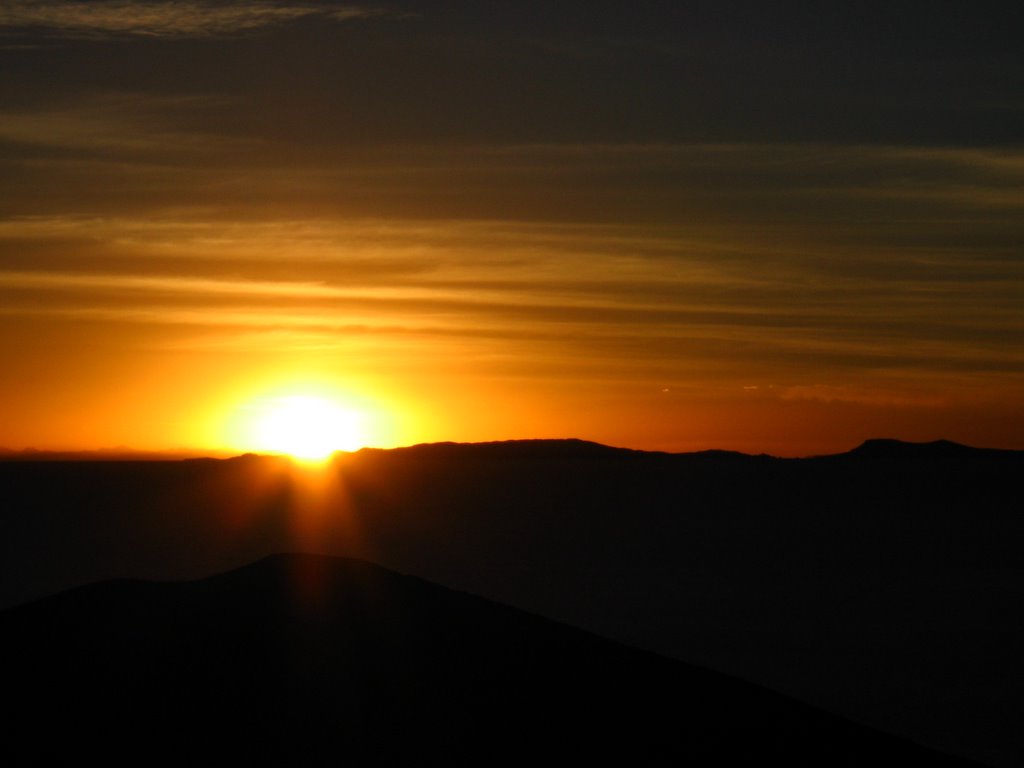Thanksgiving: How It Can Bring Out the Worst in Us
The usual amenities of going up on one side of a main aisle and down on the other didn’t exist, and soon everyone was at a face-off—one solid mass of people coming from one direction, confronting another solid mass going the other way. The crowd was at a standstill, because nobody was willing to back up. Rounding the corner from a side aisle, I had inadvertently entered the mess and become trapped. Tempers began flaring, as the urgency of getting home so they could relax and have fun built up.
My human nature is to help others, so I struggled to shift my cart aside so a bewildered-looking woman facing me could get through. This, in turn, would have allowed a group of shoppers behind her to get through too, and ease the congestion. But a young man to my left rammed his cart against mine and snarled, “Haven’t you got any brains? Shove her cart out of the way so we can go!”
I wanted to tell the dummy how he was making matters worse, and that if he moved his cart momentarily, he and everyone else would be free to go. I wanted to tell him that he was probably 30 years younger than her, and for sure wasn’t being a gentleman. I wanted to (let’s just say physical assault on him entered my mind, even though he was at least six inches taller than me). I scanned the faces closest to him…no support there. They had become infected by his words. The woman tried to pull her cart back, but couldn’t. Too much “piggy syndrome” in the faces closest to us on her side, too. One wrong move on my part, and there seriously would have been a riot. As for the people further behind on both sides, they were oblivious to the situation. Impatience ruled.
All of this, because of a holiday meant to give thanks for our bounty. I’m not going to say what I actually did. Instead, put yourself in my situation. How would you have reacted, and what would you have done?

